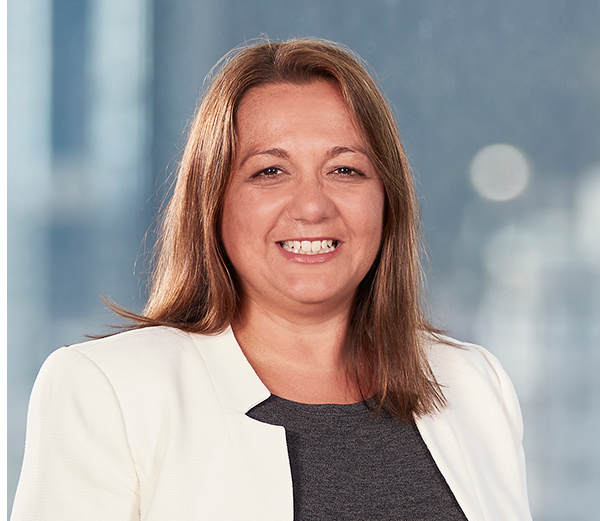
Natasha Cuthbert is the Chief People and Culture Officer at Viva Energy. It’s an important role with 1,700 team members working in diverse business areas spread across Viva Energy’s entire national operations.
“No two days are the same,” she explains. “Wherever our people are within the organisation, whatever they do, we try to ensure they are happy at work, that they are paid appropriately for their roles, and they have opportunities to grow and develop in an inclusive culture. In broader terms, we try to ensure our people strategy enables our business strategy.”
Career detour
Natasha didn’t grow up with dreams of becoming a Chief People and Culture Officer. At university she studied to be a conservation biologist, then ‘fell into a job’ in Human Resources while on a working holiday in the UK.
“I found it interesting. On a basic level, people and animals both have needs that should be protected, so there are similarities there. Importantly, it was an area I felt I could have significant influence, and that was appealing.”
Helping hands
In her previous role as General Manager of HR, Natasha was encouraged to take the next step by her immediate boss, Amanda Fleming, who is now Viva Energy’s Chief Digital & Transformation Officer.
“Amanda gave me opportunities to present to the board, provided great feedback and advice, and helped me shift my thinking towards the whole business and not just my immediate areas of responsibility. She has been a valuable mentor.”
Another person Natasha credits for her career success is her partner. “When we had our second child, together we made the decision that he would be the stay-at-home dad so I could pursue my career.”
Dealing with expectations
“I think most working mothers are going to experience some degree of guilt, whether that’s due to maternal instinct or societal pressure to be the carer. But in my case, I knew our three beautiful children were getting the best care possible, so it impacted me less.”
Interestingly, it was her partner who experienced the most pressure. “The school would send out messages asking for mothers to come and help out with this or that. There was no understanding that dads might also be the primary caregiver, which reflects and proliferates that outdated way of thinking.”
A vexed issue
“I think we need to change the way we think about equality,” says Natasha. She talks about an image shared widely online that shows three people of different heights trying to look over a wall, standing on boxes of equal dimensions; the tallest person has a clear view while the shortest person still can’t see over the wall, despite the equality measure.
Beside that frame is another showing the same three people, but this time the shortest person has the biggest box to stand on – meaning all three can see over the wall. “That’s the difference between equality and equity. Giving everyone the same tools doesn’t equate to giving them the same chance of success. As much as possible, we have to provide people with the tools they need individually for them to thrive.”
Employer of choice
Viva Energy is committed to diversity and inclusion. Gender equity is discussed at a board level on a regular basis. Strategies are in place to attract and retain women, even in traditionally male-dominated roles. The company’s efforts have led to numerous ‘Employer of Choice’ citation from the Australian Government’s Workplace Gender Equality Agency (WGEA).
Natasha is responsible for ensuring the gender diversity targets set by the WGEA are met. “I take that seriously,” she says. “It starts by asking the right questions: why aren’t there any women on this shortlist of candidates? What are the barriers for women working in certain areas of the business? How do we make traditional male jobs more attractive for women? We have to think about it in a fulsome way, which is all part of our Gender Diversity Action Plan.”
Change happening
Gender equity is coming, but too slowly for Natasha’s liking. “Things are better now than twelve years ago, when my partner and I made the decision that he would stay at home. Parental responsibilities are shared more equally. Workplaces are changing. But we’re still twenty or thirty years away from pay parity.”
Natasha has a few ideas on how to speed up the process. “Women should say ‘yes’ to every opportunity that presents itself – and ask for more money. Companies need to understand the barriers women face coming through their hiring processes. If every decision is considered in a fulsome way, and society as a whole truly embraces equity, we’ll get there sooner.”